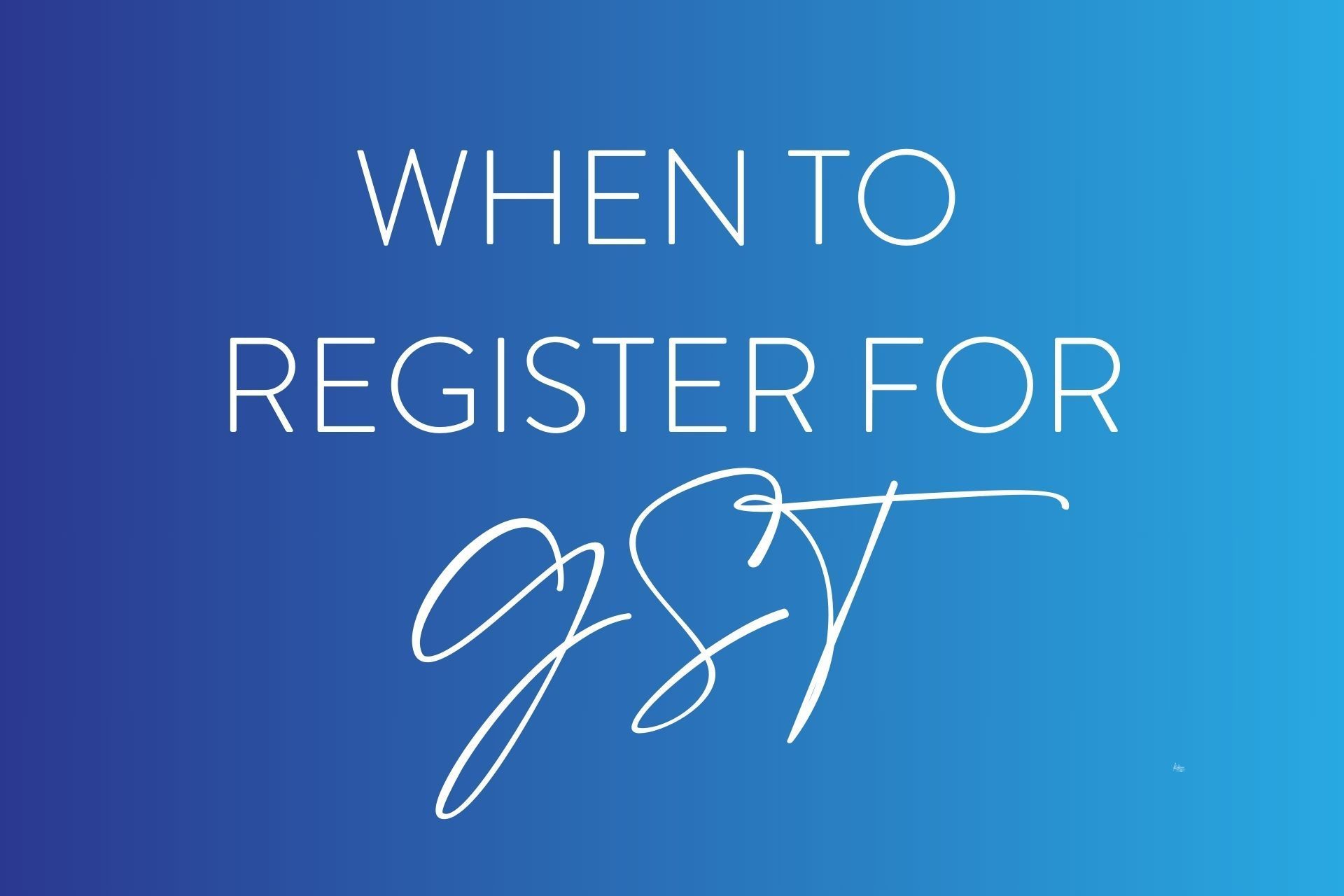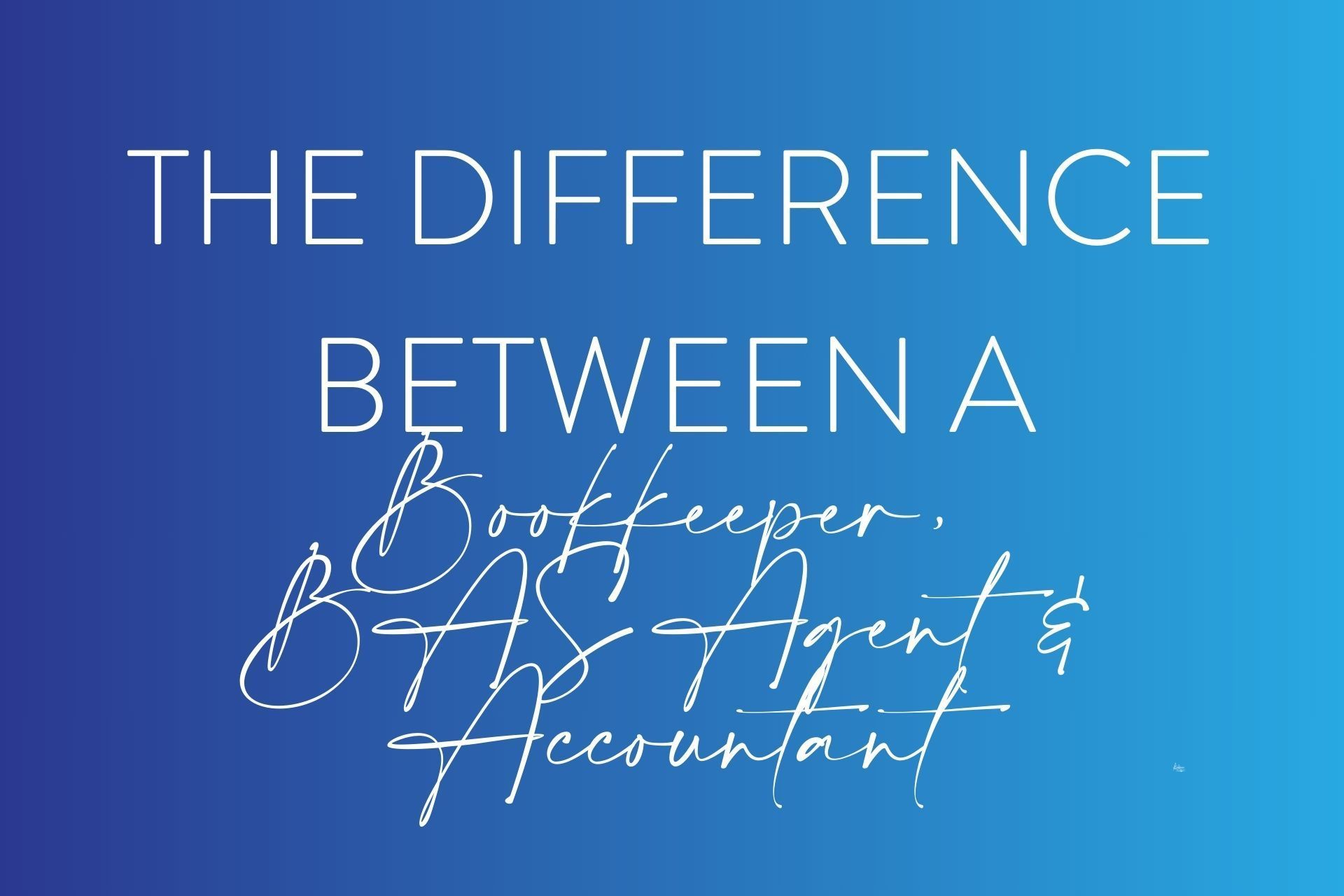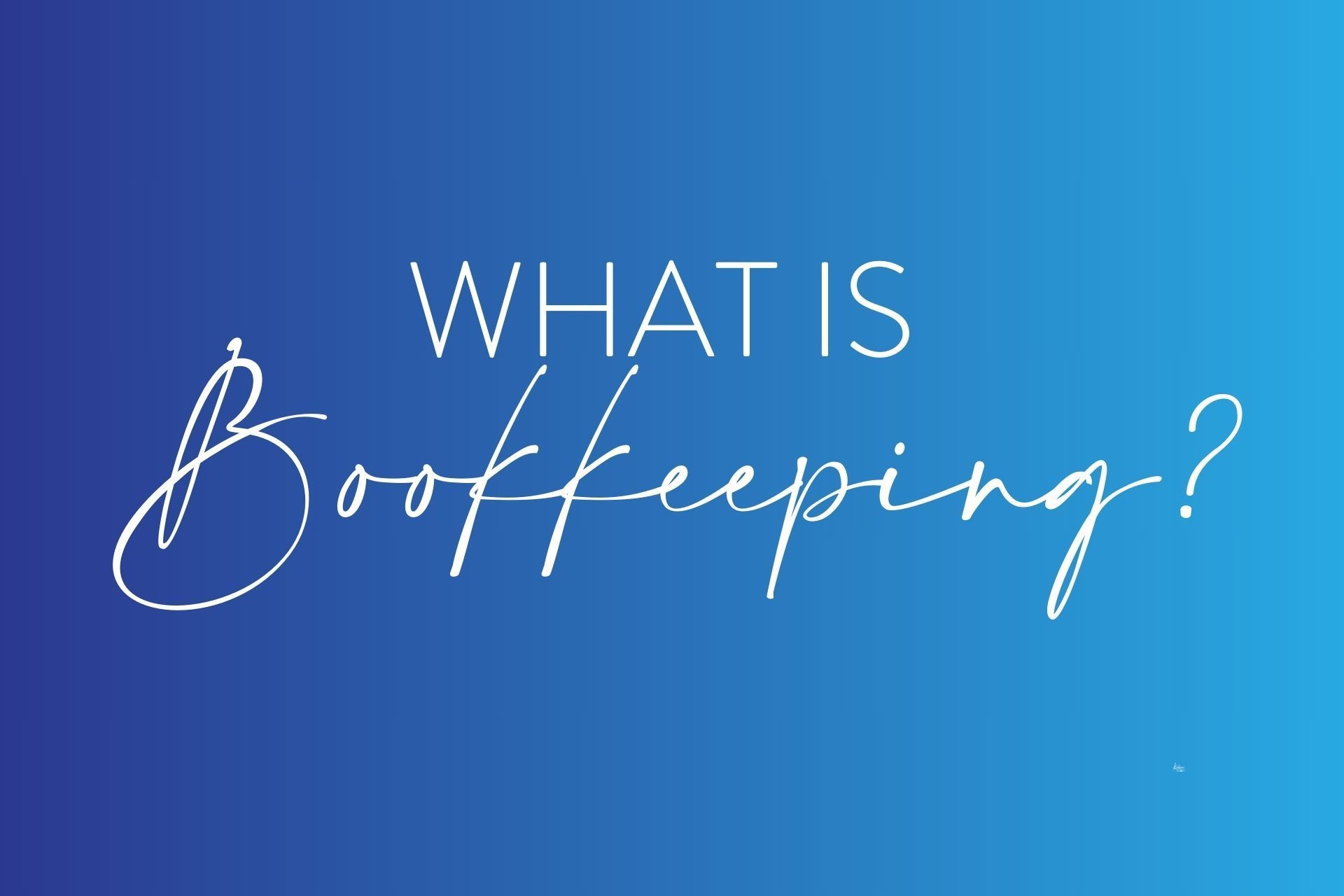When to Register for GST

A Guide for Australian Small Businesses
Navigating the world of taxes can be daunting for small business owners, especially when it comes to Goods and Services Tax (GST) registration. Understanding when to register for GST is crucial for compliance and can have significant financial implications. Here’s everything you need to know about GST registration tailored for Australian small businesses.
What is GST?
GST, or Goods and Services Tax, is a 10% tax applied to most goods and services sold in Australia. It’s a tax that businesses collect on behalf of the government, which means you need to be registered if your business meets certain criteria.
When Should You Register for GST?
1. Your Annual Turnover Exceeds $75,000
The primary threshold for GST registration is your annual turnover. If your business earns $75,000 or more (or $150,000 for non-profit organizations), you are legally required to register for GST. This turnover includes all sales, not just taxable sales.
2. You Expect to Exceed the Threshold
Even if you haven’t crossed the $75,000 threshold yet, if you expect your turnover to exceed this amount in the near future, it’s a good idea to register for GST proactively. This allows you to claim GST credits on any purchases made for your business, which can provide significant cash flow benefits.
3. You’re a Taxi or Ride-Sourcing Driver
If you provide taxi or ride-sourcing services (like Uber), you must register for GST regardless of your turnover. This is due to specific legislation targeting this industry to ensure compliance and tax collection.
4. You Supply Goods or Services Connected with Australia
If your business is involved in selling or supplying goods or services connected to Australia (even if your turnover is below the threshold), you may still want to consider registering. This can be advantageous if you have significant input costs, as you can claim GST credits on your purchases.
Benefits of Registering for GST
1. Claiming GST Credits
One of the primary advantages of being registered for GST is the ability to claim GST credits for any GST paid on business-related purchases. This can lead to considerable savings, especially if your business incurs significant expenses.
2. Business Credibility
Being registered for GST can enhance your business’s credibility with suppliers and customers. It signals that you’re a legitimate business and are compliant with Australian tax laws, which can foster trust.
3. Avoiding Penalties
Failing to register when required can result in hefty fines and penalties. By registering on time, you’ll ensure compliance and avoid any potential legal issues.
4. Access to Business Tools
Many accounting software solutions integrate GST functionality, making it easier to manage your business finances and ensure compliance. Being registered opens the door to utilizing these tools effectively.
How to Register for GST
If you’ve determined that you need to register for GST, here’s how to do it:
1. Visit the ATO Website:
The Australian Taxation Office (ATO) provides detailed information and resources for GST registration.
2. Use the Business Portal:
If you already have an Australian Business Number (ABN), you can register for GST through the ATO Business Portal.
3. Complete the Application:
Fill out the necessary forms, providing information about your business and expected turnover.
4. Keep Records:
Once registered, maintain accurate records of all sales and purchases to ensure smooth GST reporting.
Reporting and Compliance
Once registered for GST, you’ll need to report your GST obligations regularly, typically on a quarterly or annual basis, depending on your business’s turnover and reporting cycle. This involves submitting Business Activity Statements (BAS) to the ATO, detailing the GST you’ve collected and the GST credits you’re claiming.
Conclusion
Deciding when to register for GST is a significant decision for any Australian small business owner. Understanding the thresholds and implications can help you maintain compliance while maximizing your financial benefits. If you're uncertain about your obligations or how to proceed, consulting with a tax professional can provide clarity and peace of mind.
By keeping your finances in order and staying on top of your GST responsibilities, you’ll be well on your way to running a successful and compliant business.
At Winner and Co Bookkeeping Services, whilst we are not registered Tax Agents, we are a registered BAS Agent and can assist your business with GST registration upon advice from your chosen tax professional.
Share this article with your friends
Other articles you may like





